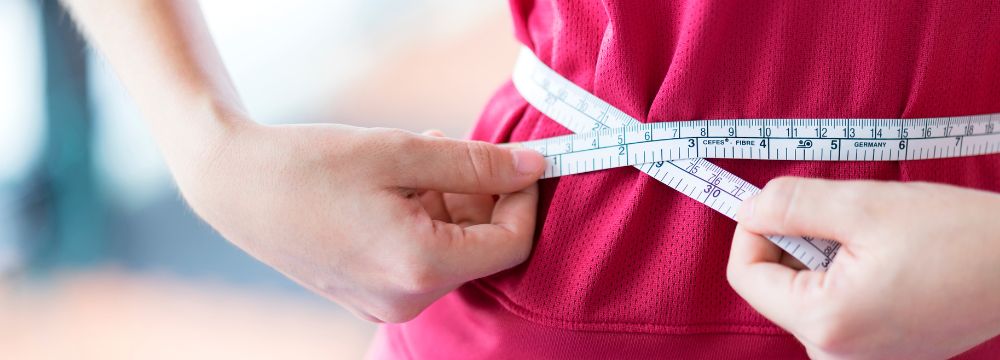
While we most certainly consider improving or resolving conditions associated with excess weight and obesity a primary health benefit of metabolic or bariatric surgery, the aesthetic benefits of surgery are undeniable. As our patients lose significant weight, they often work hard in the gym and at home towards reshaping their bodies and replacing fat with muscle. As a result, they usually enjoy compliments from friends, family, members, and strangers alike.
However, a significant and legitimate concern regarding weight loss revolves around facial fullness, especially in a day and age where BOTOX and fillers are common. The problem is the loss of facial fat as the patient loses weight. So, let’s jump right in and discuss what can be done to minimize the loss of facial fullness.
How Weight Loss Affects Facial Fullness
As we lose weight, the accumulated fat around the body begins to shrink. Unfortunately, we simply don’t know where this fat will come off first, so it’s hard to predict how much a patient’s face will look “overly thin” or gaunt. But even there, it might simply be a perceptual issue. If fat comes off the face first, it may seem proportionally thinner than the rest of the body and thus unusual. But as we’ll talk about shortly, the body usually catches up to level everything out.
That said, there are ways to mitigate that loss, at least partly.
- Be sure to always hydrate. Water is vital for adding plumpness and fullness to the skin. If you are chronically dehydrated, you will have problems maintaining your weight loss, and your skin may not look as radiant as it could. This includes facial skin, which will sag and create the semblance of hollow facial features.Hydration doesn’t only come internally. Using a good moisturizer to hydrate the skin’s surface can also help with its aesthetics. Dehydrated skin tends to shrivel and loosen, further compounding the concerns associated with weight loss.
- Patients can also help minimize fat loss in the face by moderating weight loss. It will be easy to lose weight early in the process, and we don’t begrudge you wanting to lose it fast. However, losing weight in a measured manner is more sustainable and safer. Fat loss will be more distributed, and your body may lose the fat more proportionally, so a thinner face will not look out of place.
- Eat right to maintain collagen and elastin production. Your body can only function properly with a good diet. Protein, for example, will be a good friend after surgery, and you want to be sure you consume enough daily. Protein is also essential to helping ensure that you have the energy to exercise. So, follow your postoperative instructions closely and get your protein before eating your carbs at each meal.
- Stress is a diet buster and can also affect your skin. Excess stress produces cortisol, which causes havoc on the body, breaking down collagen and elastin in the skin. While you will have stressful moments, aim for minimal stress throughout the day, and if it does arise, have a plan to address it.
- Exercise is vital to managing stress, losing weight, and keeping your body looking healthy. While you can’t exercise your facial muscles to improve fullness, exercise allows you some leeway in your diet. Exercise is also a stress-busting tool, so anytime you feel excessive stress coming on, get outside and take a walk or go to the gym if one is accessible to you.
The Bottom Line
Facial fullness can be a concern after bariatric surgery. Fortunately, as you lose weight, your body adapts. If you’re still carrying a significant amount of excess weight, this facial fat loss can look disproportionate, but fortunately, it will correct itself as you lose more body fat. Diet, stress management, and exercise all improve facial fullness.









